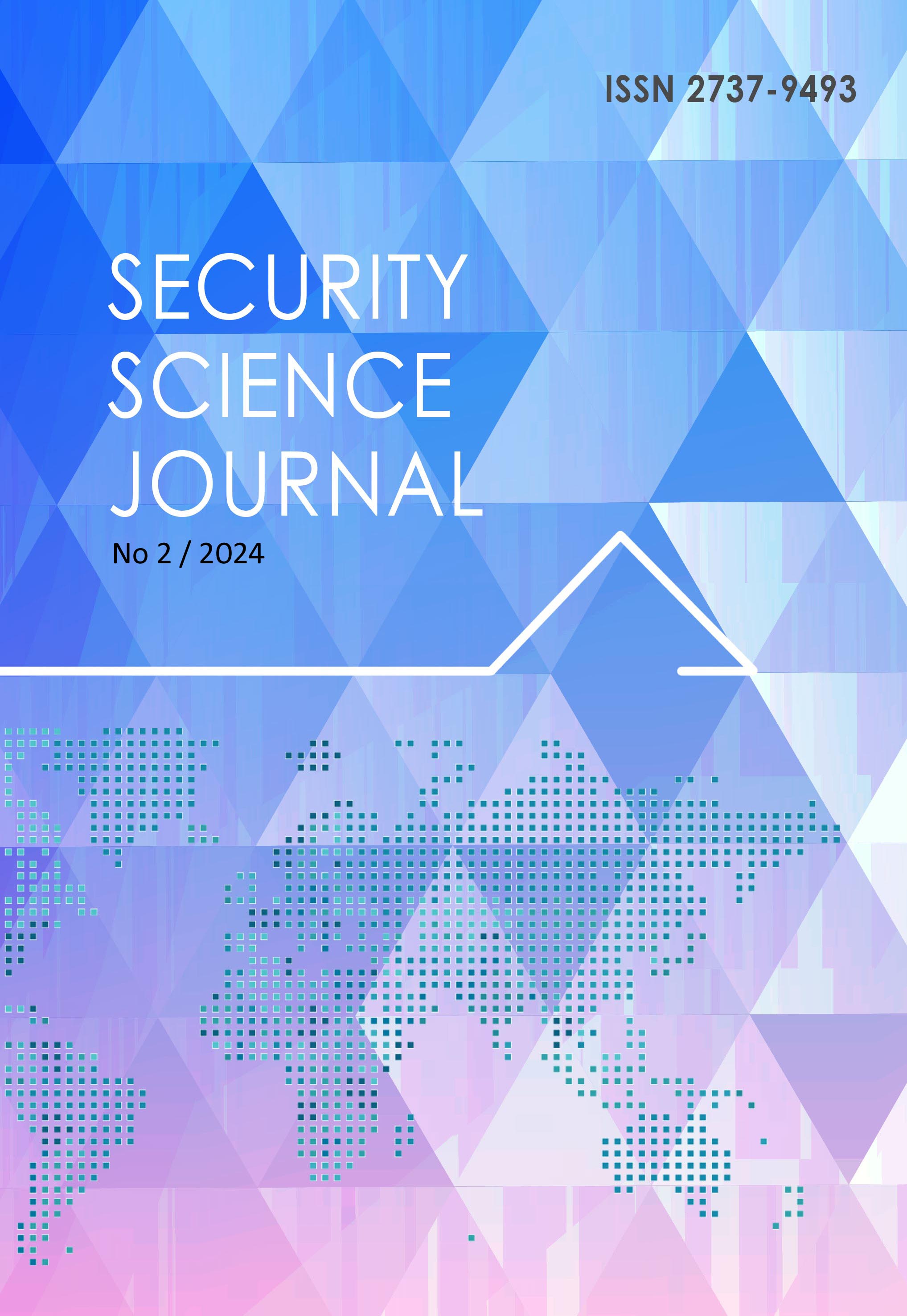USE OF MEDICAL TOOLS IN GAINING VITAL INTELLIGENCE FOR NATIONAL SECURITY PURPOSES
USE OF MEDICAL TOOLS IN GAINING VITAL INTELLIGENCE FOR NATIONAL SECURITY PURPOSES
Author(s): Rene KanayamaSubject(s): Politics / Political Sciences, Politics, Social Sciences, Sociology, Security and defense, Health and medicine and law
Published by: Institute for National and International Security
Keywords: Medical; Intelligence; National Security; Vaccination; Sterilization; Leprosy
Summary/Abstract: The definition of Medical Intelligence is by all accounts a broad and complex scientific task that needs to encompass wider ramifications of using medical and biological data to advance national security interests. The paper focuses on examples of using the medical discipline in the form of an exhaustive collection of medical data in order to arrive at very specific results significant in the pursuit of national security or political stability, albeit only from the point of view of a particular actor – the state. The three representative cases are illustrated to arrive at a fundamental understanding of how the medical data – intelligence – can be used if the medical environment is burdened by the imperative to further strategic state-devised objectives. In the organization of a fictitious inoculation campaign in rural Pakistan by the Central Intelligence Agency in 2011 to track down the whereabouts of Osama bin Ladin through mapping the DNA pattern of purported bin Ladin’s relatives, the state actor focused specifically on collection of human biological samples while deploying covert tactics – both disregarding the purported motive of the “health campaign” as well as executing the operation on the foreign soil. In another example, perceiving the potential uncontrolled population growth as a direct threat to both vital national interests, as well as the country’s public image, Uzbekistan, on the state level, has engaged in mass forced sterilization programs to curb the national birth rate. In a similar perception, the treatment of the rare disease of leprosy in Uzbekistan historically encompassed methods incompatible with medical ethics and basic human rights. The precedents will be examined as part of the wider discourse on what constitutes Medical Intelligence, and what is permissible within the framework of national security concerns.
Journal: Security Science Journal
- Issue Year: 2024
- Issue No: 2
- Page Range: 73-83
- Page Count: 11
- Language: English

